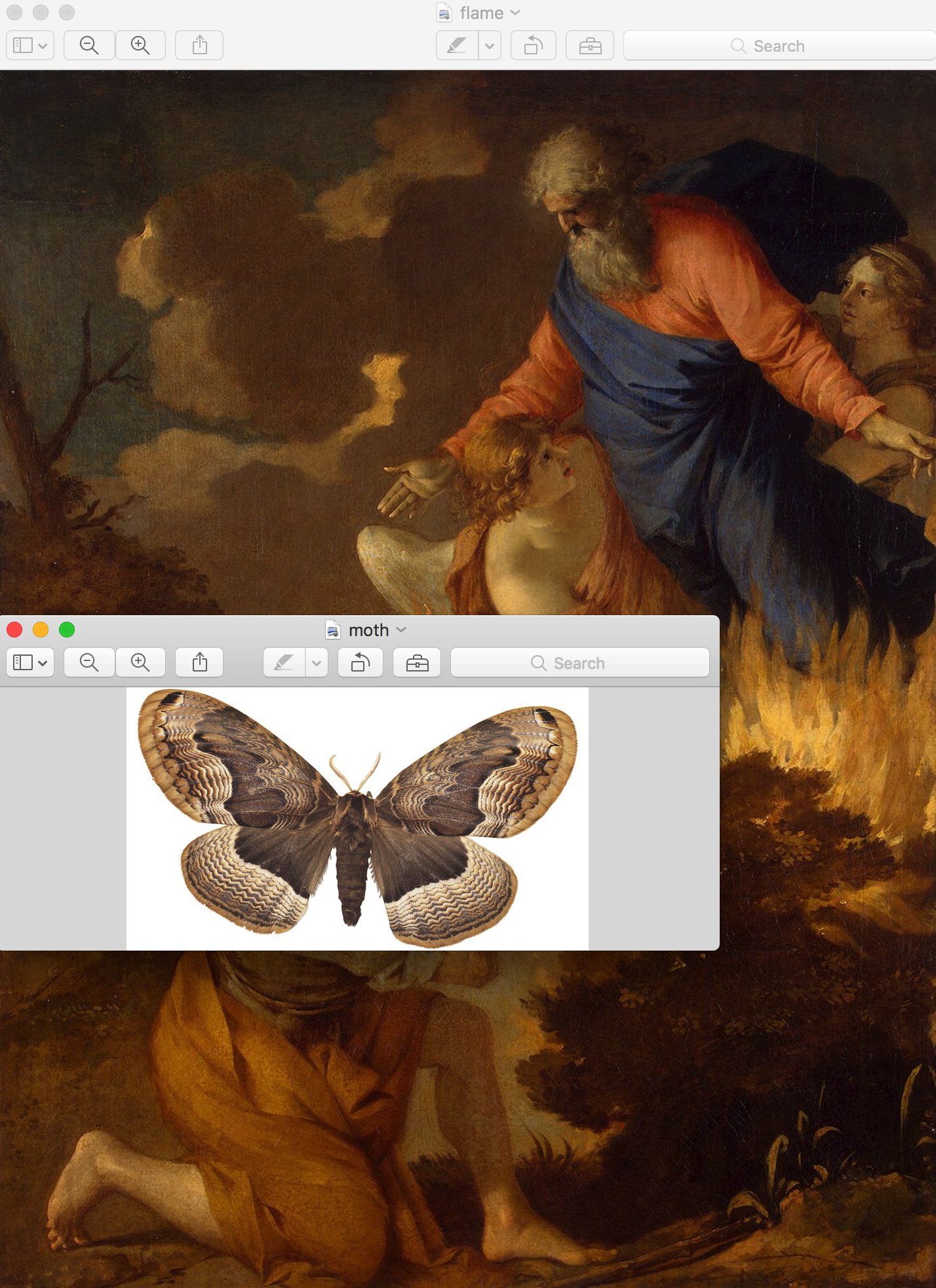Amie Césaire asks us to unpack what colonization appears to be; it doesn’t come from the desire to liberate, or to educate others, nor is it a project undertaken for an evangelical savior—colonization is a form of civilization which feels entitled to encroach and encompass the entirety of the world under its “baleful projected shadow” or rather an over-reaching, scorching brightness insinuated by En-light-enment itself. (Césaire, 173)
How can we see a future through this blinding lightness? Thiong’o seeks to extract generative influence from European languages using them as a “medium of expression” which changes the language itself. Thiong’o quotes Achebe who says the English language “will have to be a new English” in order to include the African experience. This newness in language is a vehicle by which liberatory power may be wielded according to Thiong’o. (Thiong’o, 436)
Agusto Boal insists art should not simply be an object for pleasure, rather it should function to educate, organize and incite change. He utilizes Paulo Freire’s concept of education as a mutual process, world-mediated with the potentiality to generate liberation. Both texts speak to a plurality of being and the multiple consciousnesses one is privy to when in an oppressed state. Freire describes the state of being ‘the oppressed’ ,”…their perception of themselves as oppressed is impaired by their submersion in the reality of oppression.” (Freire, 45)
One is completely absorbed in the blinding lightness of one’s oppression so much so that one may even lead to desiring the bindings to oppressor, like a moth to a flame. It is a deeply internalized opression with ontological effects, working against the oppressed in favor of the oppressor, infused into the dreams of those under its effects.
Freire, Paulo. Pedagoy of the Oppressed. New York: Continuum International Publisher, 2013. Thiong'o, Ngugi wa. "The Language of African Culture" Colonial Discourse and Post-Colonial Theory: A Reader. eds. Patrick Williams, and Laura Chrisman. 435-455. New York: Columbia University Press, 1994. Césaire, Aimé. "From Discourse on Colonialism" Colonial Discourse and Post-Colonial Theory: A Reader. eds. Patrick Williams, and Laura Chrisman. 172-180. New York: Columbia University Press, 1994.